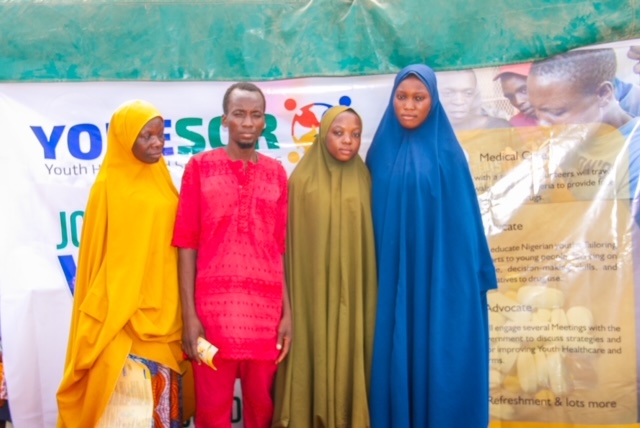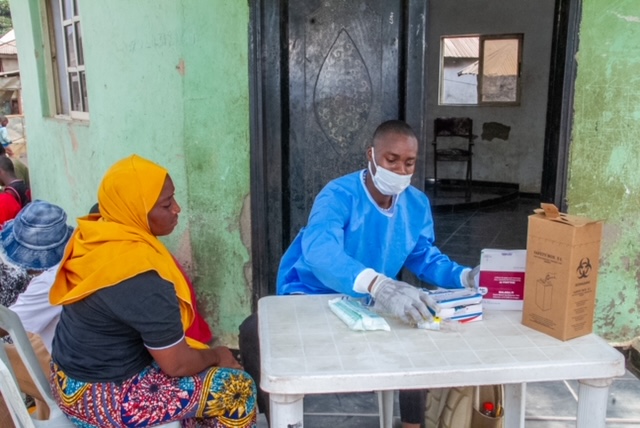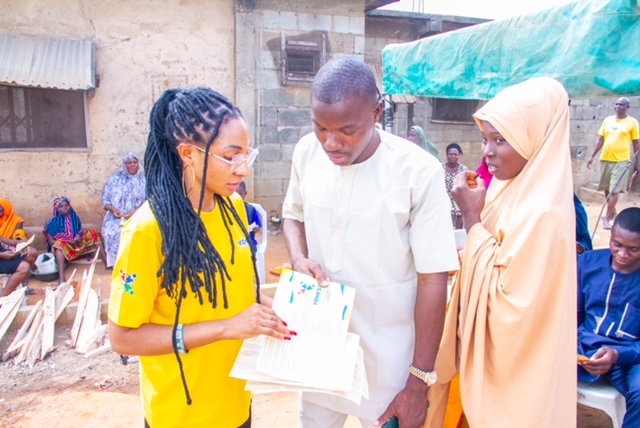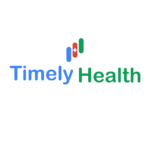Chike
25 February 2024
No Comments
Nurturing Tomorrow’s Leaders: The Imperative of Youth Health
In the fast-paced landscape of modern society, the health and well-being of youth stand as cornerstones for sustainable development and progress. This article illuminates the paramount importance of prioritizing youth health initiatives within the framework of our NGO’s mission, underscoring the multifaceted benefits and transformative potential they offer.
Understanding the Landscape:
Youth health encapsulates not only physical vitality but also mental, emotional, and social dimensions crucial for comprehensive well-being. In today’s interconnected world, young people face a myriad of health challenges, from rising rates of non-communicable diseases to mental health disorders exacerbated by societal pressures and rapid technological advancements.
Addressing Holistic Well-being:
Our NGO recognizes the intrinsic link between youth health and broader socio-economic factors, advocating for holistic approaches that encompass preventive measures, access to healthcare services, and comprehensive health education. By addressing underlying determinants such as poverty, inequality, and discrimination, we strive to create an enabling environment where all young people can thrive.
Key Areas of Intervention:
Youth health initiatives span a spectrum of focus areas, each essential for nurturing healthy, resilient individuals and communities.
1. Preventive Healthcare:
Prevention is the cornerstone of effective healthcare, and our NGO works tirelessly to promote preventive measures such as vaccination campaigns, health screenings, and awareness-raising initiatives targeting prevalent health issues among youth.
2. Mental Health Support:
The prevalence of mental health disorders among youth underscores the urgent need for comprehensive mental health support services. Through advocacy, capacity-building, and community-based interventions, we strive to destigmatize mental illness and provide accessible, culturally sensitive support for young people in need.
3. Sexual and Reproductive Health:
Access to sexual and reproductive health services is fundamental to youth empowerment and gender equality. Our NGO advocates for comprehensive sexuality education, access to contraception, and reproductive rights, empowering young people to make informed choices about their bodies and futures.
4. Substance Abuse Prevention:
Substance abuse remains a significant threat to youth health, with devastating consequences for individuals and communities. Through targeted prevention programs, early intervention, and support services, we aim to mitigate the harms associated with substance abuse and empower young people to make healthy lifestyle choices.
5. Digital Health Education:
In an increasingly digital world, promoting digital health literacy is paramount. Our NGO develops innovative educational resources and campaigns to empower youth with the knowledge and skills to navigate online spaces safely and responsibly, promoting positive digital health behaviors and preventing cyberbullying and online exploitation.
Collaborative Partnerships:
Collaboration lies at the heart of our approach to youth health, as we work closely with governments, healthcare providers, educators, and community organizations to leverage resources, expertise, and collective action. By forging strategic partnerships and fostering multisectoral collaboration, we maximize our impact and drive sustainable change.
Conclusion:
In conclusion, youth health stands as a linchpin for sustainable development and societal progress. Through targeted interventions, comprehensive education, and collaborative partnerships, our NGO is committed to empowering young people to lead healthy, fulfilling lives and become active agents of change in their communities and beyond. Together, let us invest in the health and well-being of today’s youth, laying the foundation for a brighter, healthier future for generations to come.
Recent Posts
- PRESS RELEASE YOHESOR Meets with NOA DG to Strengthen Collaboration on Youth Civic Engagement
- Ministry of Education Visits YOHESOR Office A Proud Moment for Us
- ICPC Partners with YOHESOR to Champion Values and Integrity Among Nigerian Youths
- YOHESOR Upcycling Contest FAQs & Application Guide
- Stay Safe, Stay Aware: What You Need to Know About Date Rape Drugs
Recent Comments



We are an independent, non-partisan, non-governmental organization dedicated to rigorous research and advocacy on youth health issues in Sub-Saharan Africa. Our commitment is to examine public policies, support processes, and disseminate best practices.
- Donate the amount you like
- Stay tuned about cause





Leave a Reply